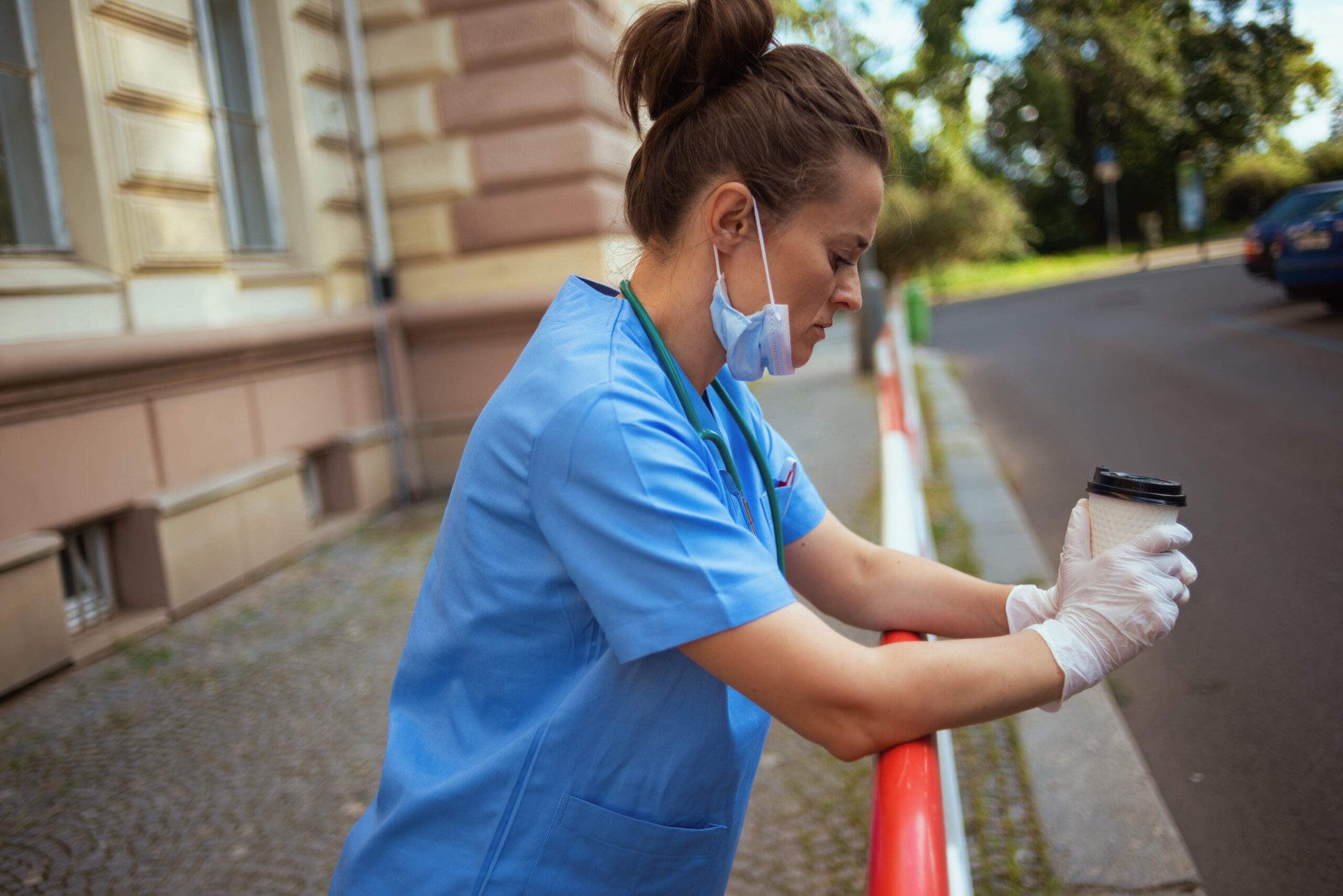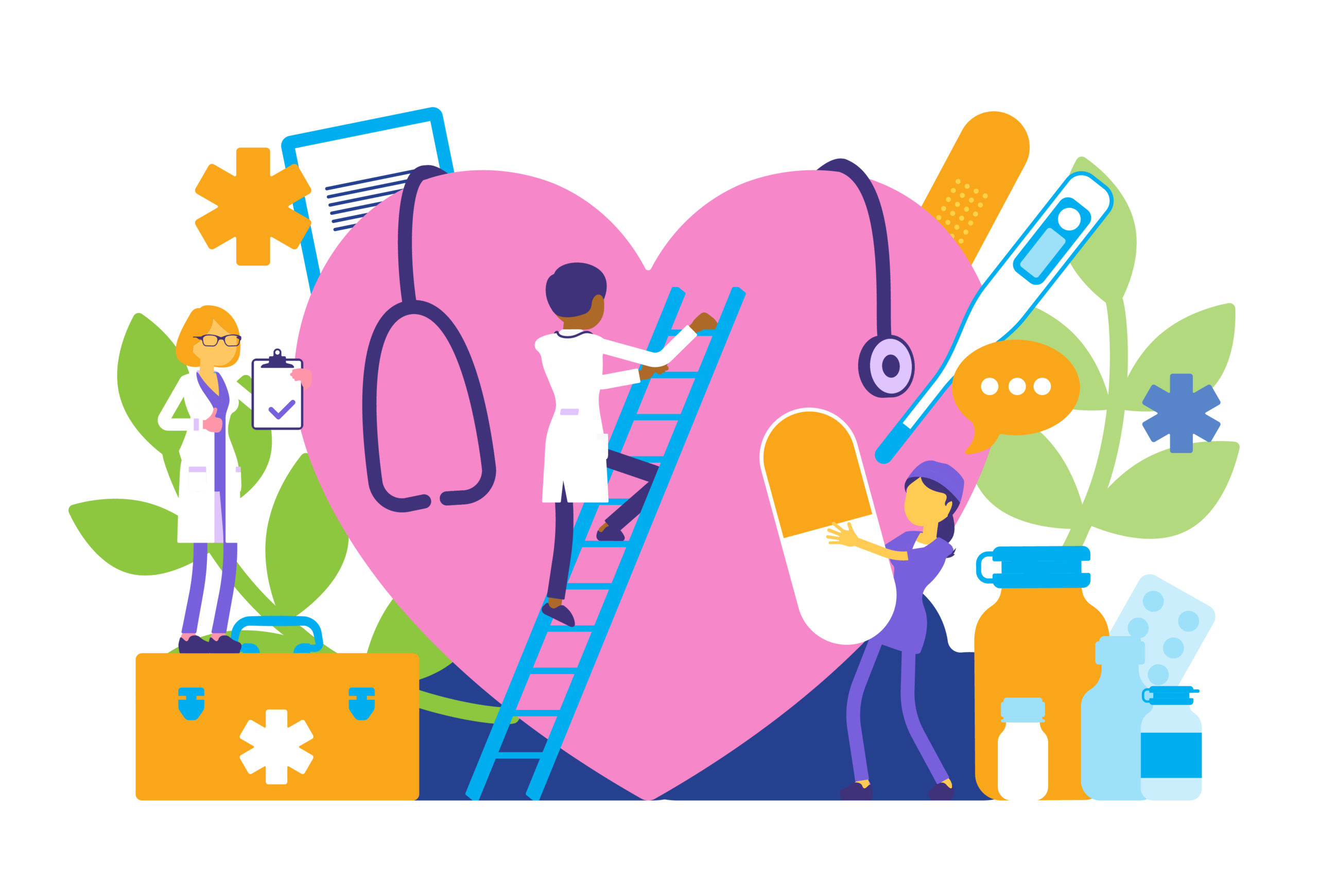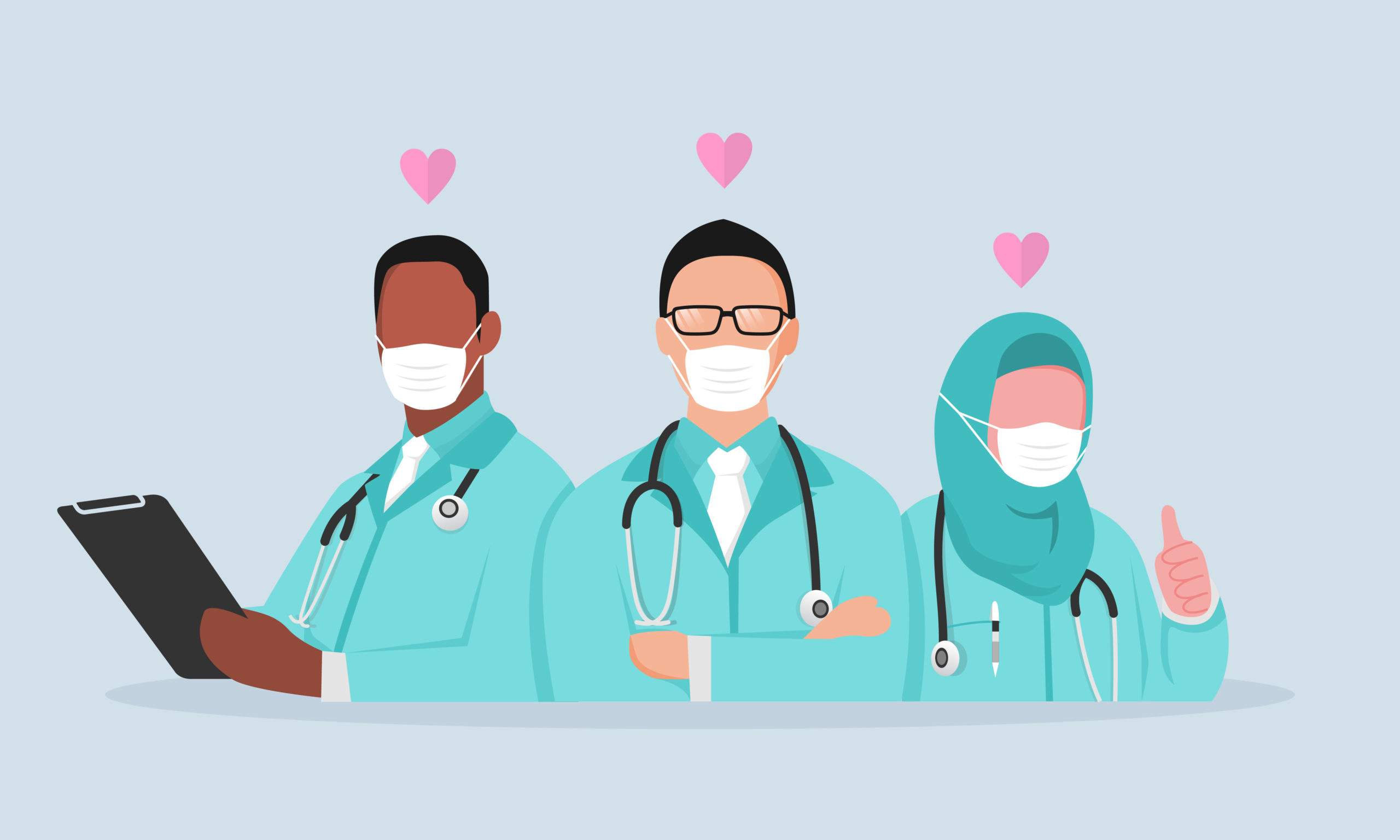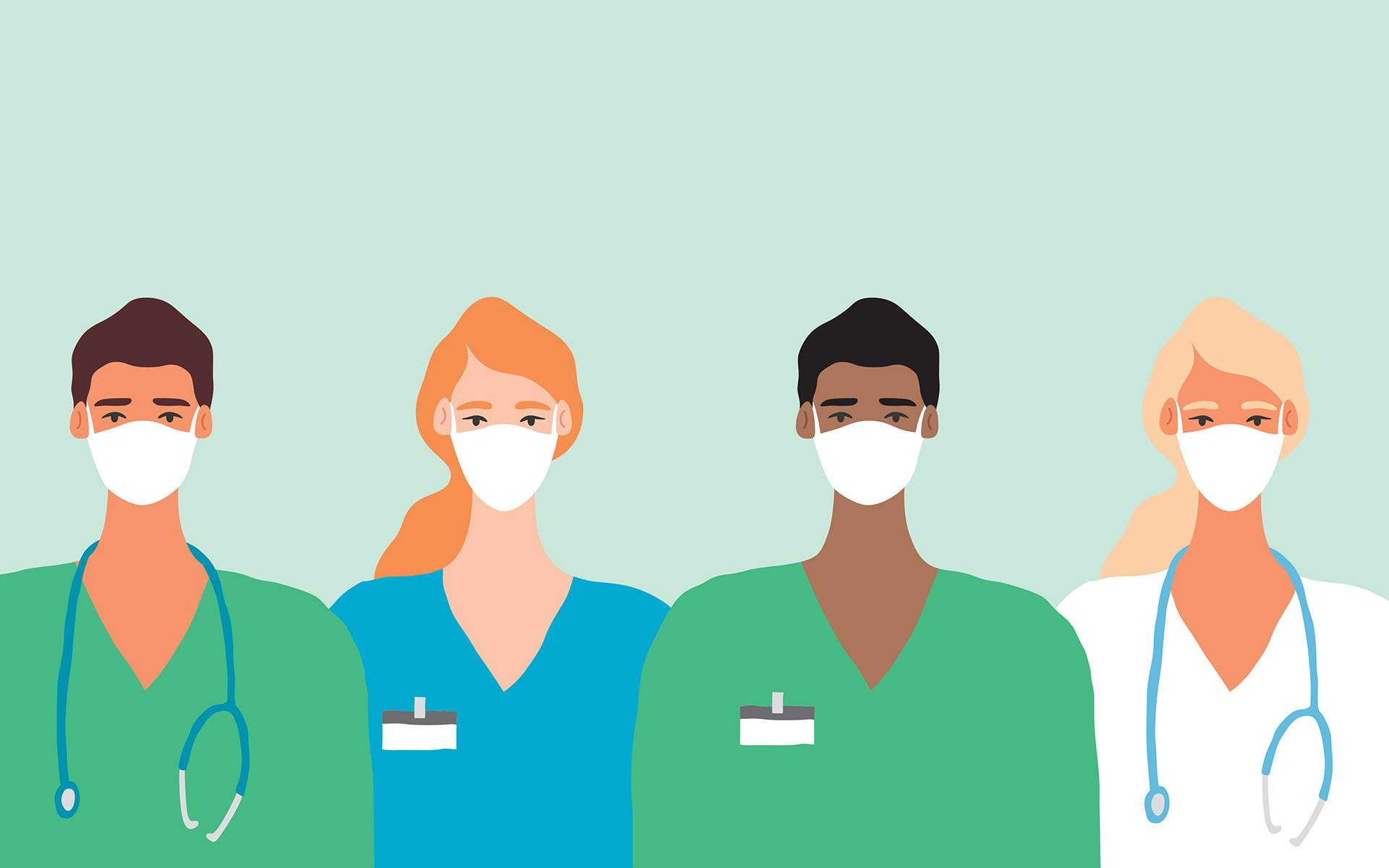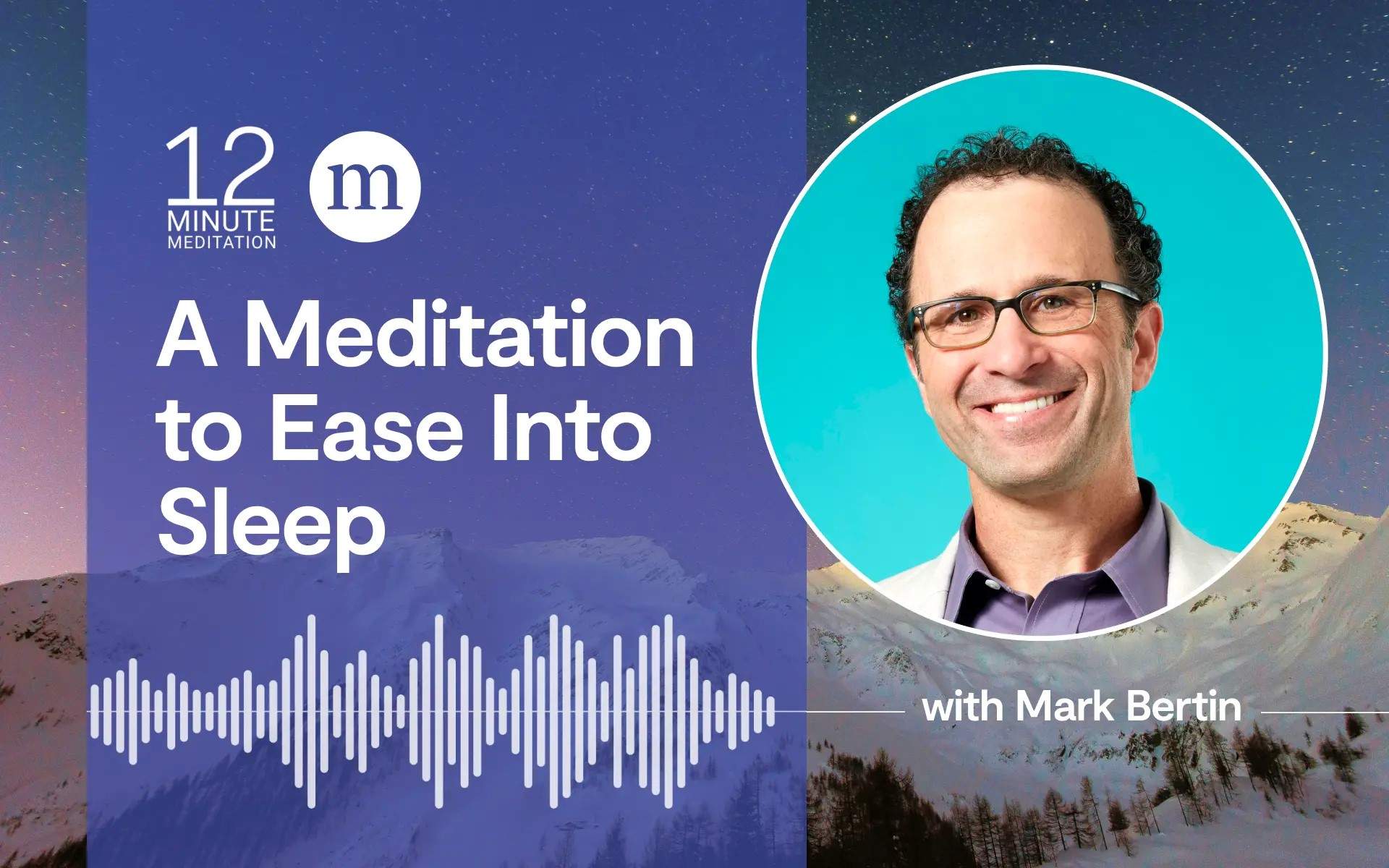There is another global crisis impacting doctors, nurses, APPs and others in the healthcare industry. Baseline rates of burnout among physicians hovered around 50% even before the COVID-19 pandemic. Since COVID, rates have increased.
The published data support this and I have witnessed it with my own eyes. A recent survey by Medscape included more than 7,500 doctors from around the world, with 5,000 from the US. Nearly two-thirds (64%) of the US physicians reported an increase in their sense of burnout as a result of COVID.
Let’s unpack what this looks like for providers who are at high risk of burning out, or already coping with it. While the word “burnout” has become ubiquitous in recent years, the ways burnout shows up are not always clear—until someone becomes so unwell that they’re forced to take time off or, tragically, stop working in health care altogether.
Healthcare providers suffering from burnout feel some combination of:
1.) Exhaustion: Physical and emotional energy depletion. We are no longer motivated to get out of bed in the morning and head off to work. Fatigue stays with us like a weight on our shoulders, impairing our ability to interact with colleagues and patients, or to complete routine tasks in focused way. Thoughts like “I’m not sure how much longer I can keep this up” play on repeat.
2.) Cynicism and Depersonalization: Lost sense of meaning or purpose in our daily work. We feel dehumanized, detached from our own sense of guiding purpose, and from others. We no longer feel empathy and compassion toward ourselves or others. We lose interest in the human stories of our patients’ lives, instead wanting to just “get through the day,” moving from one room to the next as quickly as possible.
3.) Ineffectiveness: Lost sense of personal achievement, replaced by a sense of powerlessness and of being blocked in our attempts to practice the art of medicine that took us years of sacrifice to master. We feel more like robots, going through the motions, than fully alive and inspired humans called to care and to help others heal.
Chances are, if you work anywhere within health care (or even know someone who does), some of these issues are all too familiar. By cultivating an awareness of these warning signs of burnout, healthcare providers have a better chance to work with it and recover from it—both on an individual basis and, importantly, across the spectrum of their workplaces and of our wider healthcare system.
A Mindful Response to Physician Burnout
Among the many necessary solutions for the burnout crisis, including organizational and policy changes, the practice of mindfulness has countless applications and proven benefits.
For doctors and other providers, mindfulness practice eases symptoms of burnout, while improving engagement, sense of meaning, and the ability to navigate difficult conversations with patients and to feel empathy. The enhanced self-awareness and emotion regulation resulting from mindfulness practice also enhances teamwork, decision-making, and ultimately patient safety, outcomes, and cost. Finally, mindfulness improves emotional intelligence, sleep, and overall resilience.
The benefits of mindfulness practice also extend to healthcare leaders and executives experiencing burnout and lead to improved focus, executive presence, strategic awareness, emotional-intelligence-based leadership skills, and effective communication.
It’s not just a few outliers who are promoting well-being practices like mindfulness and compassion to heal our healthcare providers, and to help reform a broken system. Leaders and innovators from all areas of healthcare continue to bring their own experiences as well as cutting-edge scientific evidence to the efforts to make these healing practices available to physicians, who need them more than ever.
Where to Keep Learning and Grow Your Community
If you work or are involved in the healthcare system, there’s an abundance of resources that can help you to support yourself, your colleagues, and the push toward positive change within these systems.
Check out the Mindfulness for Healthcare Summit: Continue the journey to collectively transform healthcare with this online summit, held February 8-10, 2022. Featuring healthcare leaders, the world’s leading mindfulness experts, and thousands of frontline healthcare professionals, you can learn more about how mindfulness and compassion practices support individual well-being and a comprehensive culture of wellness within healthcare institutions.
READ MORE
Mindfulness for Healthcare Professionals
Accessible mindfulness and mindful healthcare practices, meditations, and resources for healthcare workers.
Read More
P.A.C.E. Yourself: A Practice Honoring Healthcare Workers
We are all safer because of the work of healthcare providers. With deep gratitude, Dr. Reena Kotecha invites those working on the frontlines to take a moment to prioritize self-care.
Read More
8 Ways Healthcare Workers Can Reduce Stress
Dr. Reena Kotecha and Dr. Chris Willard offer a collection of quick tips to help other healthcare professionals rediscover moments of calm and self-care, even during a grueling work day.
Read More


